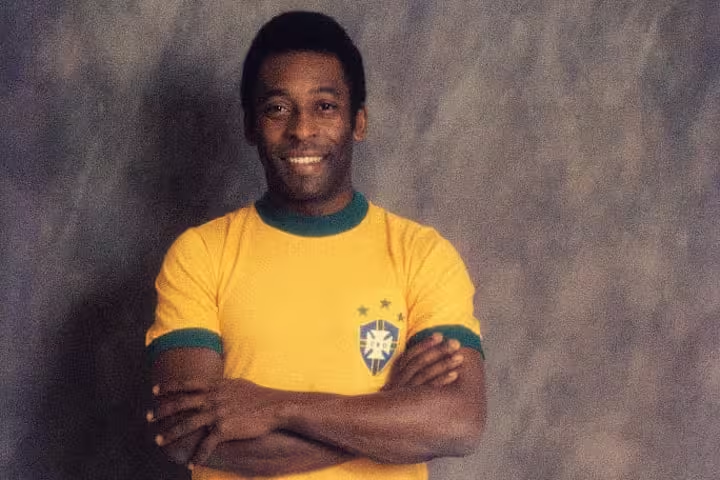The Ballon d’Or has become known as the most prestigious individual prize in football, bestowing the title of the best footballer in the world on its winner each year.
It started out in 1956 as a way of recognising the best Europe had to offer – it was actually known as the European Footballer of Year for decades. It wasn’t until 1995 that non-European players, although still those based at European clubs, were eligible to win, while only in 2007 did it go truly global.
Generations of non-European players were not considered under the criteria, with many deserving winners at one time or another. Other players who were eligible but are legitimately considered as some of the greatest of their generation, simply never had their time.
Players like Kylian Mbappe, Erling Haaland and Vinicius Junior, while already destined to become legends of the sport, have not been included here while they are still in the relatively early stages of their careers. Others who could also feasibly yet win the Ballon d’Or are also omitted.
Best chances: 1958, 1959, 1960, 1961, 1962, 1963, 1964, 1965, 1970
Pele is one of the handful of players who can lay claim to being the greatest of all time. He was football’s first global superstar thanks to his breakout performances as a 17-year-old at the 1958 World Cup, the best in the world for the next eight years and sporadically after that.
France Football, the magazine which created and oversees the Ballon d’Or, named the Brazilian the Football Player of the Century in 1999. And because he was never eligible to actually win a Ballon d’Or, France Football retrospectively recognised Pele and several others from the pre-1995 era as worthy winners in an internationalised re-evaluation, although the official winners didn’t change.
In the alternative timeline, Pele would have won seven of them.
Best chances: 1986, 1987, 1989, 1990
Similar to Pele, an ineligible Diego Maradona was considered a worthy winner in 1986 and 1990. He could have also won in either 1987 or 1989 as the best in the world in the latter half of the decade.
Aside from his World Cup exploits with Argentina in 1986, Maradona took an unfashionable Napoli side to two Serie A titles, as well as the UEFA Cup. The club haven’t won a European trophy since and only broke a 33-year scudetto drought in 2023.
Click Here to Read the Full Original Article at 90min EN…

